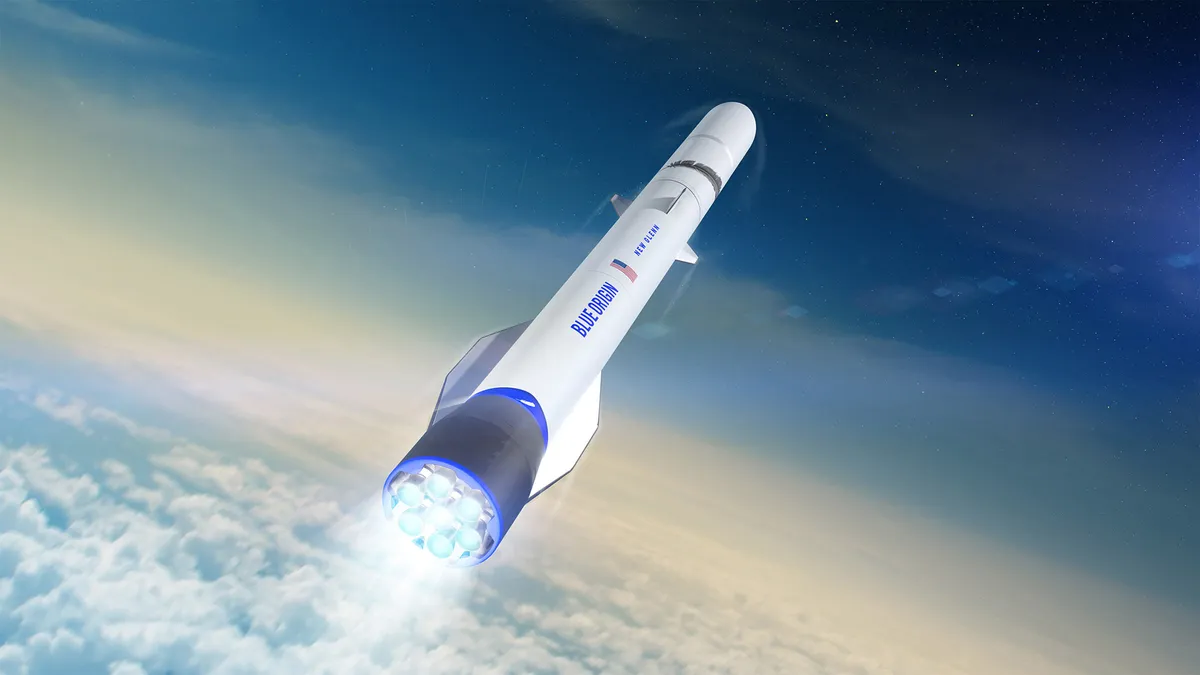
Blue Origin is set to conduct the second-ever launch of its state-of-the-art New Glenn rocket, which will carry NASA's ESCAPADE mission to Mars. The company has been actively collaborating with NASA in the lead-up to this significant launch, designated as NG-2, with a target date set for no earlier than September 29. This mission will see the launch of two twin probes, known as the Escape and Plasma Acceleration and Dynamics Explorers (ESCAPADE), which are ready to embark on their journey aboard New Glenn.
Originally, the ESCAPADE probes were scheduled to be launched during New Glenn's maiden flight back in January. However, to avoid any potential delays that could jeopardize this costly mission, NASA decided against proceeding with the launch then. Now, with a confirmed NET date, Blue Origin has taken to social media to announce that exciting activities are expected to occur around New Glenn's launch pad at the Space Launch Complex-36, situated at Cape Canaveral Space Force Base in Florida.
The first flight of New Glenn took place in early 2025, marking a significant milestone for the company. During this inaugural launch, Blue Origin successfully deployed a test version of its Blue Ring satellite bus into Earth orbit. However, the attempt to land the first stage of the New Glenn rocket on a drone ship in the Atlantic Ocean was unsuccessful. This upcoming mission not only aims to deliver NASA's payload into an interplanetary trajectory but also includes another attempt to recover the rocket's 188.5-foot-tall (57.5-meter-tall) first stage booster.
The ESCAPADE mission represents a remarkable first for New Glenn, as it will be the rocket’s inaugural interplanetary mission. This ambitious undertaking will involve the twin orbiters studying the magnetosphere of Mars, as well as examining the dynamics between energetic solar wind particles and the Martian atmosphere. The two NASA satellites, constructed by California-based Rocket Lab, will provide valuable data to enhance our understanding of the Red Planet.
Once in space, the operation of the ESCAPADE mission will be managed by the University of California's Space Sciences Laboratory. The mission has an estimated budget of $80 million, funded by NASA, to explore and analyze the complex interactions occurring in Mars' atmosphere. This collaboration highlights the importance of partnerships in advancing space exploration and scientific discovery.
As Blue Origin prepares for this critical launch, the aerospace community eagerly anticipates the advancements that will come from the ESCAPADE mission and the capabilities of the New Glenn rocket.